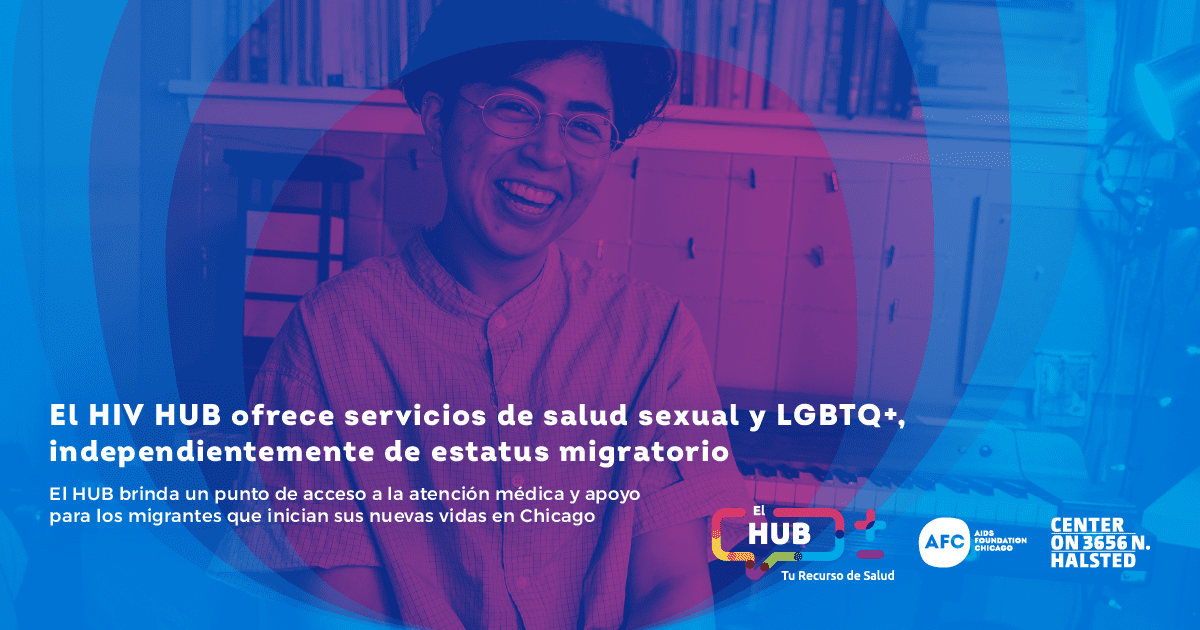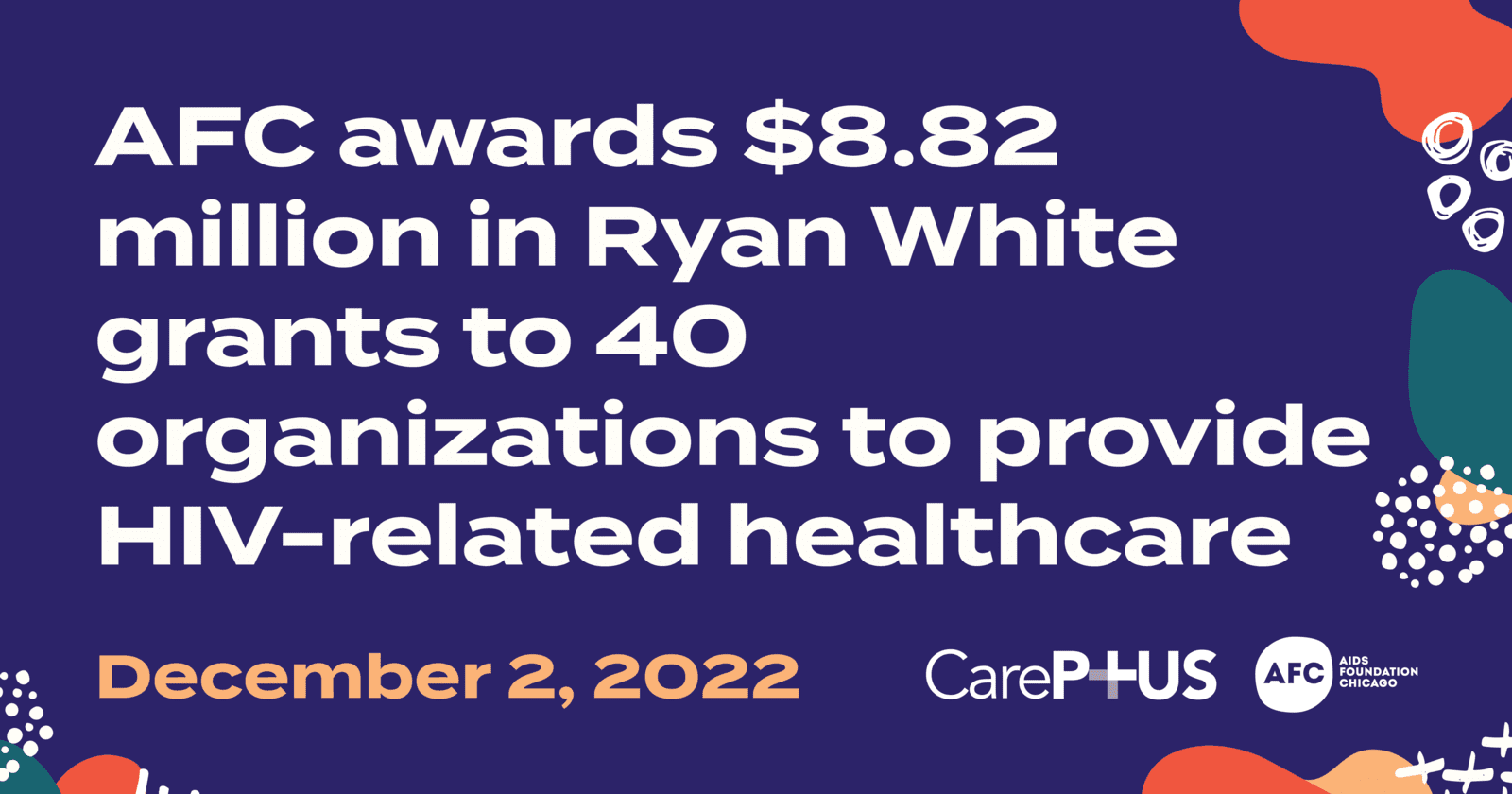For disadvantaged people with HIV, the road to health and recovery can be a slow and difficult process. For those who persevere—aided by their own determination and accessible, available vital services—a better future awaits.
Consider the path of Carlos (not his real name). He suffered homelessness, drug addiction and alcoholism. To treat his mental and physical illnesses, including HIV, he bounced from hospital to hospital in search of temporary shelter and assistance with urgent medical needs.
With guidance from his Ryan White case manager, Carlos obtained permanent housing through AFC’s Samaritan Program, which provides apartments and supportive services for people with a history of chronic homelessness.
Carlos exemplifies how a small, subsidized apartment and a caring case manager can be a catalyst for change.
Recent high-profile articles about homelessness in the Chicago Tribune and Chicago Sun-Times suggest that such models of care may be at risk in Chicago. In response, AFC and its partners have drafted a sign-on letter to Mayor Rahm Emanuel, emphasizing the important role housing and food securities play in creating safe, vibrant communities.
“The erosion of affordable housing in Chicago means people like Carlos will spend more time on the streets, debilitating their already compromised immune systems,” said David Ernesto Munar, AFC president/CEO. “We believe expanded affordable housing opportunities create stability for individuals and communities. Simply put, affordable housing and vital health and human services are essential building blocks for the fight against HIV/AIDS.”
As the federal government enters a period of significant budget belt-tightening (i.e., sequestration), critical funding for these very strategies will be even harder to secure.
According to John Peller, vice president of policy at AFC, the Centers for Disease Control reports that there will be 424,000 fewer HIV tests across the U.S. as a result of sequestration. Moreover, 7,400 fewer patients across the U.S. are projected to benefit from the AIDS Drug Assistance Program, and 7,300 households will lose assistance from federal Housing Opportunities for People with AIDS.
Please endorse AFC’s letter urging Mayor Emanuel to ensure no one is made homeless under his watch. Laudably, his administration’s plan against homelessness details the critical steps Chicago must take to help people like Carlos. Now the hard work begins to make the plan a reality.



